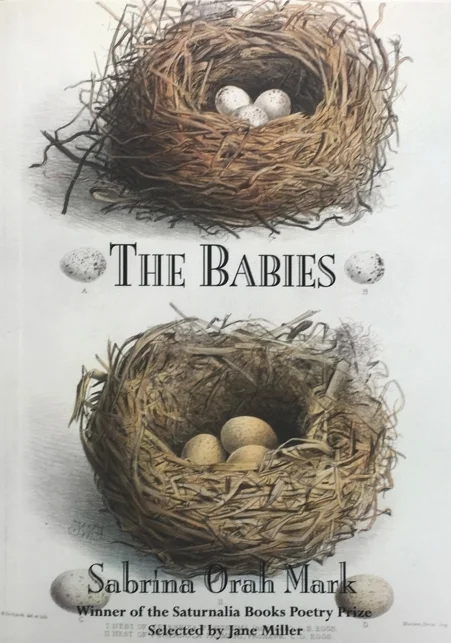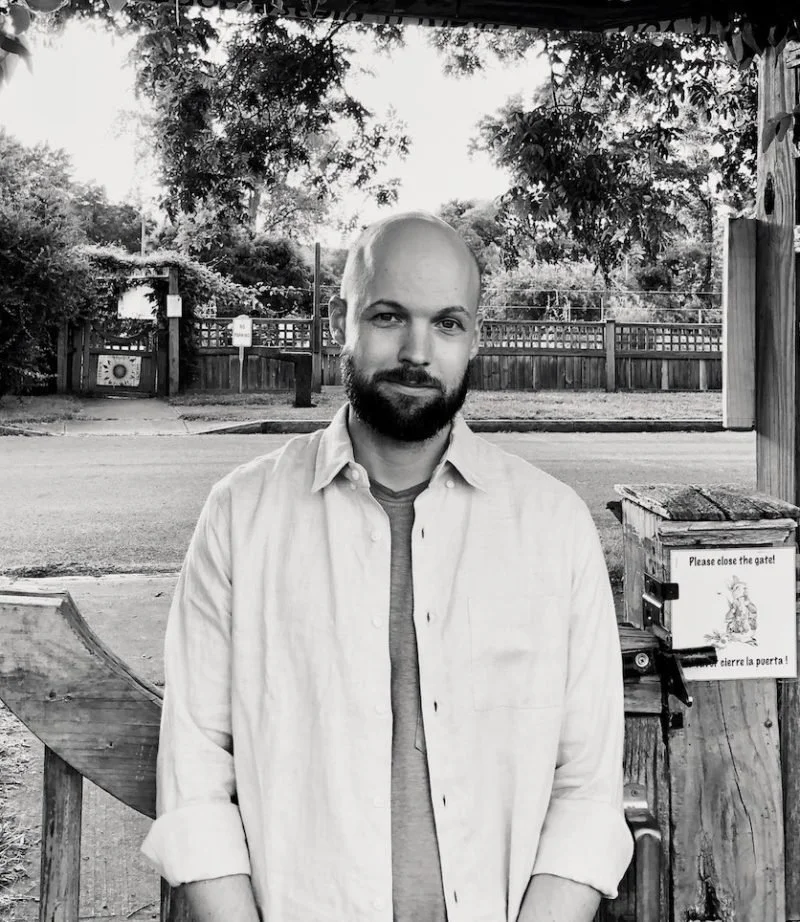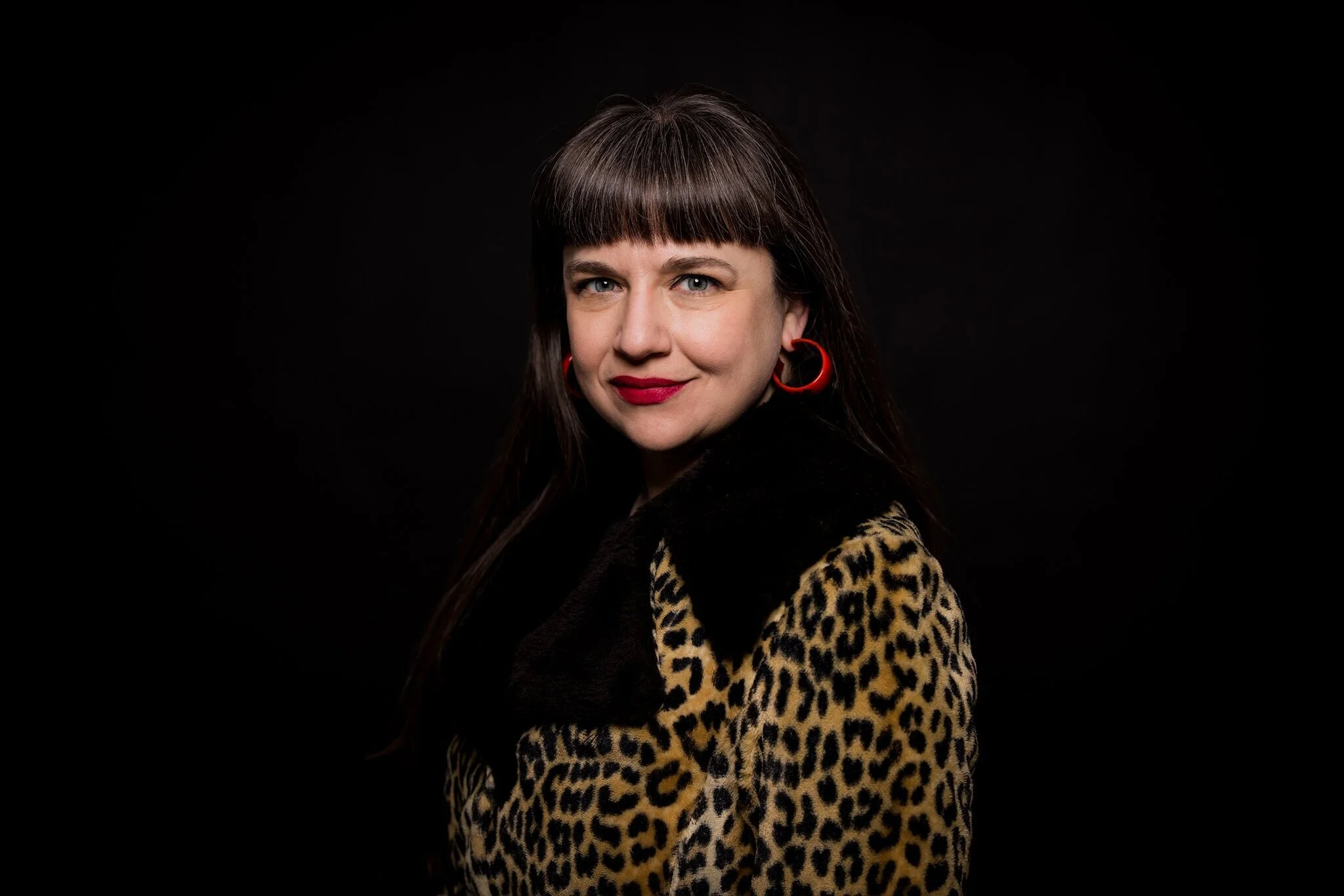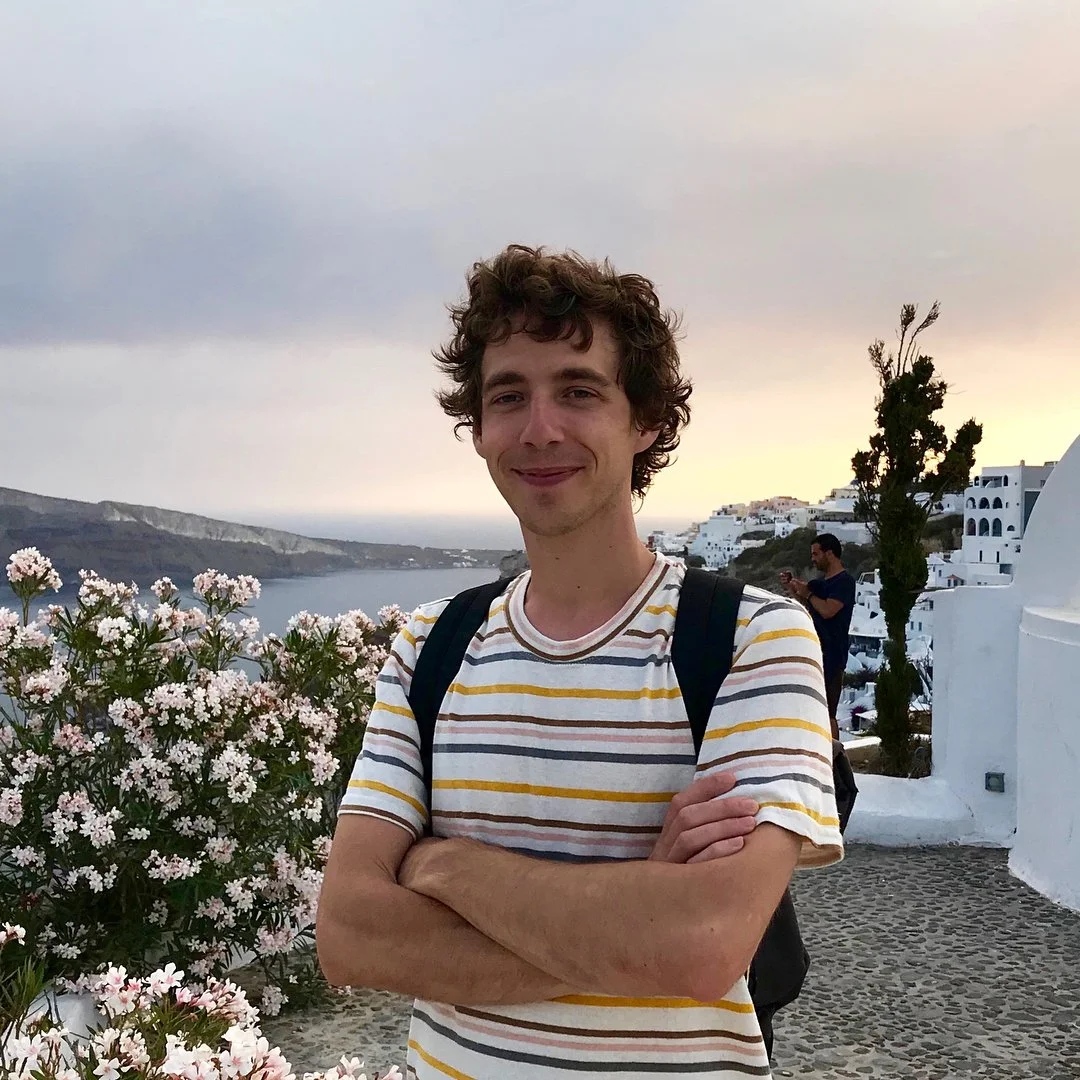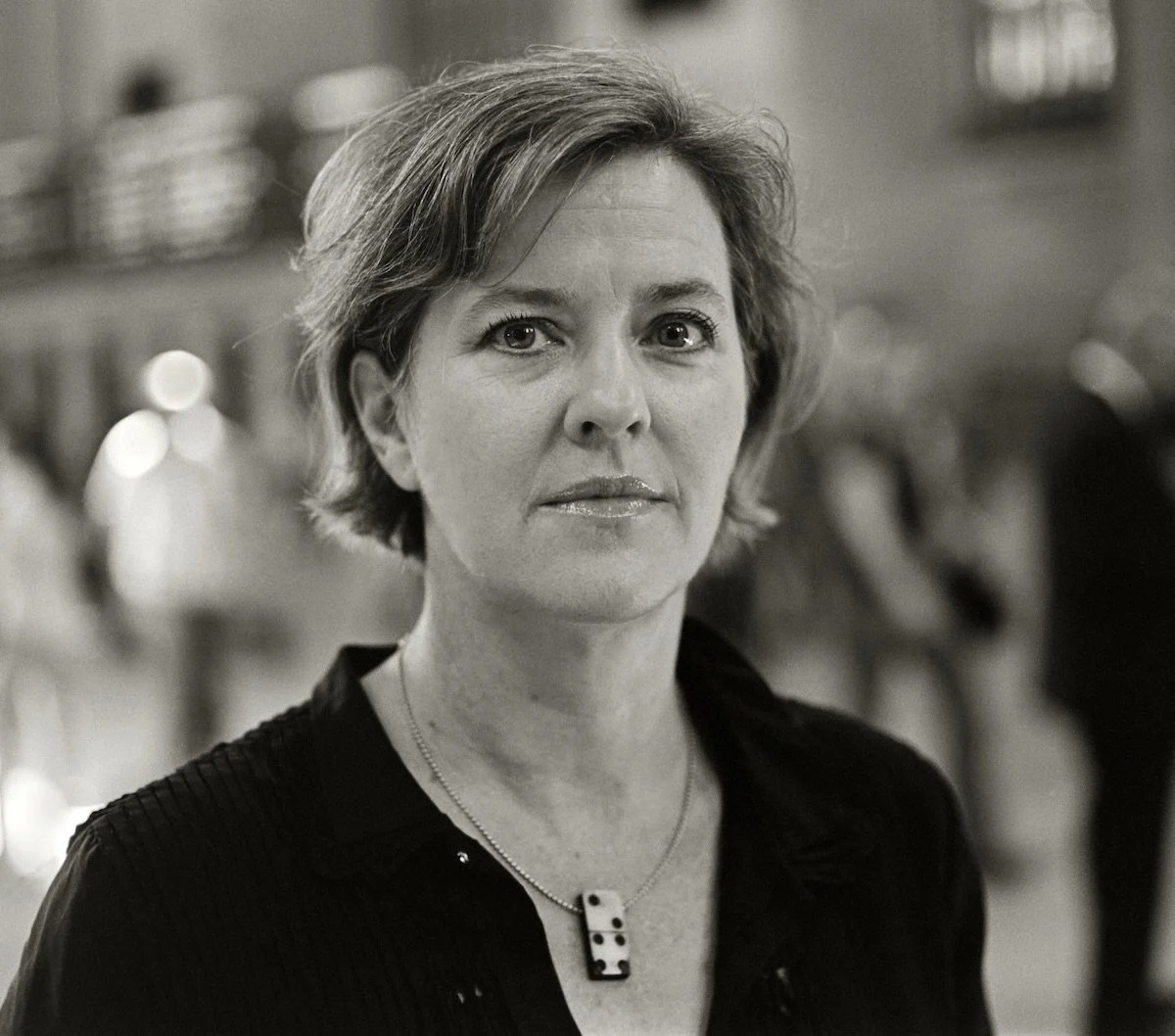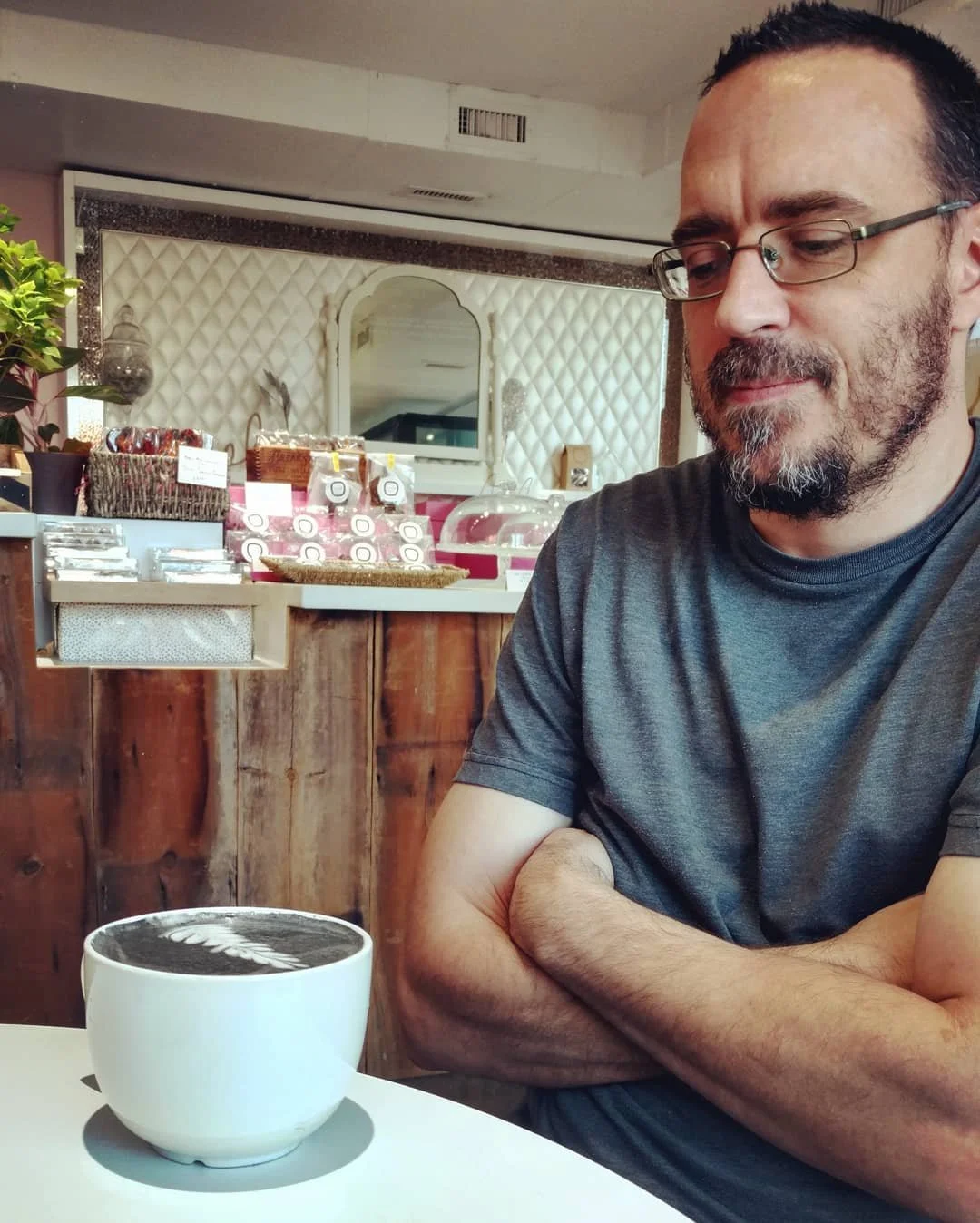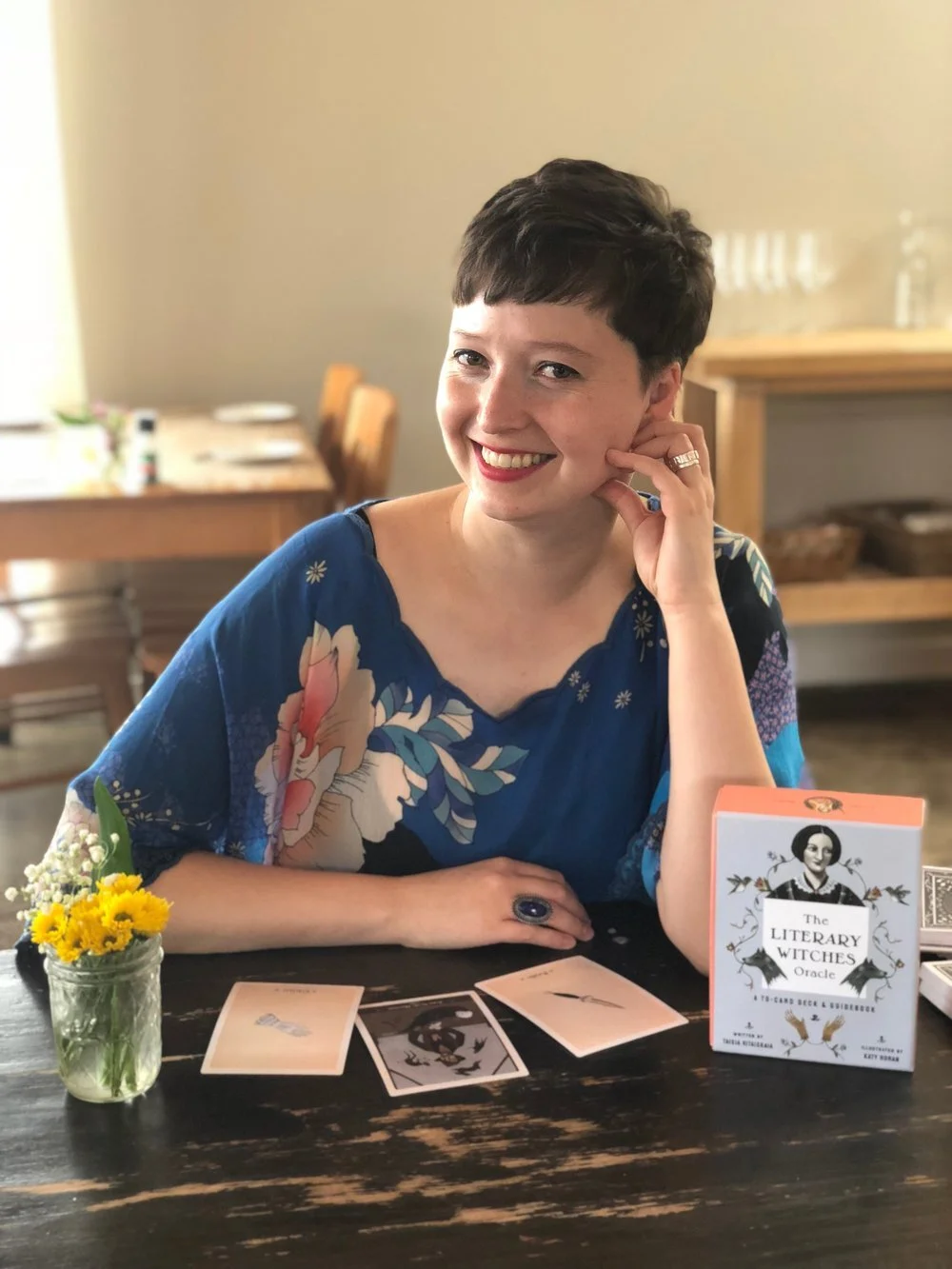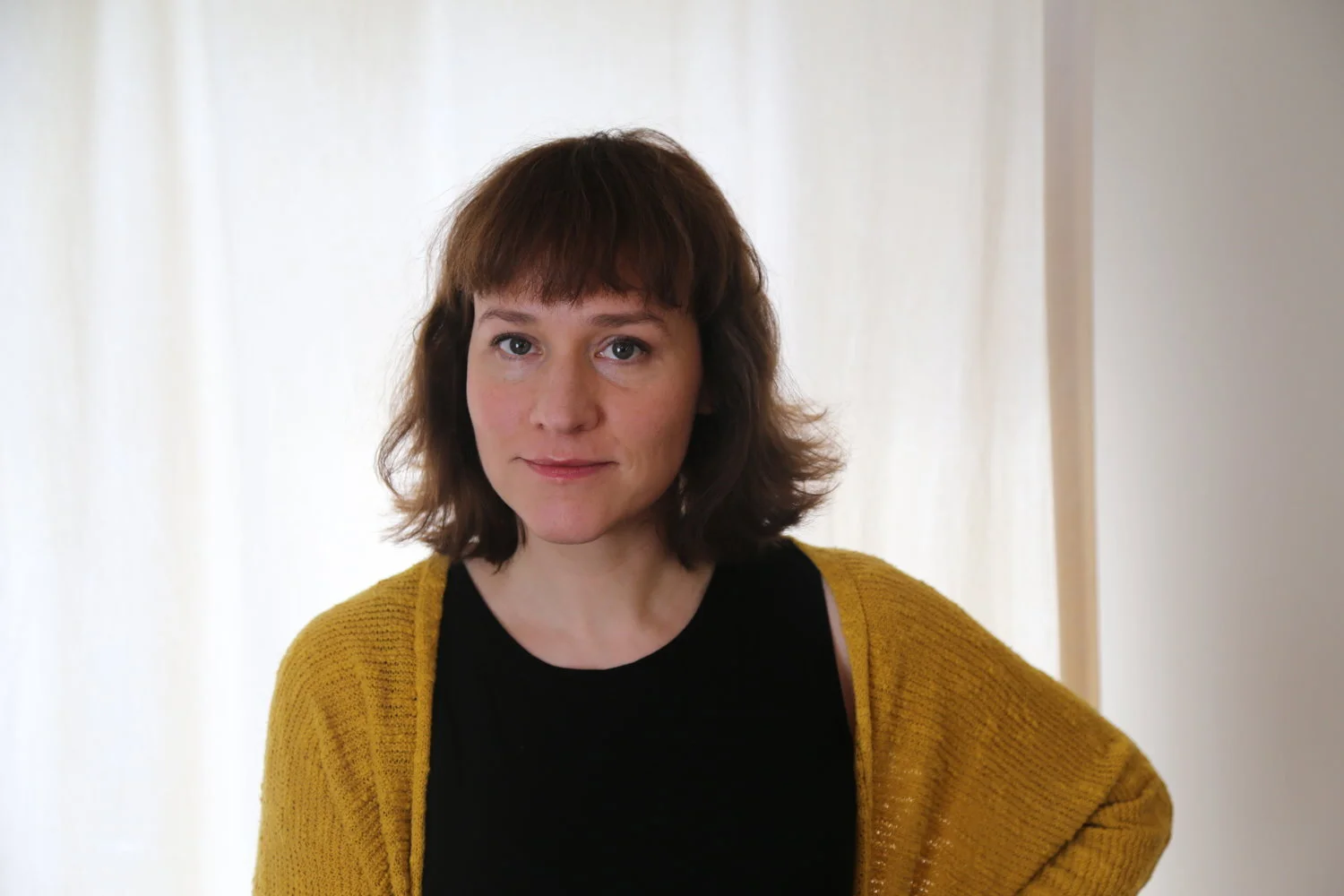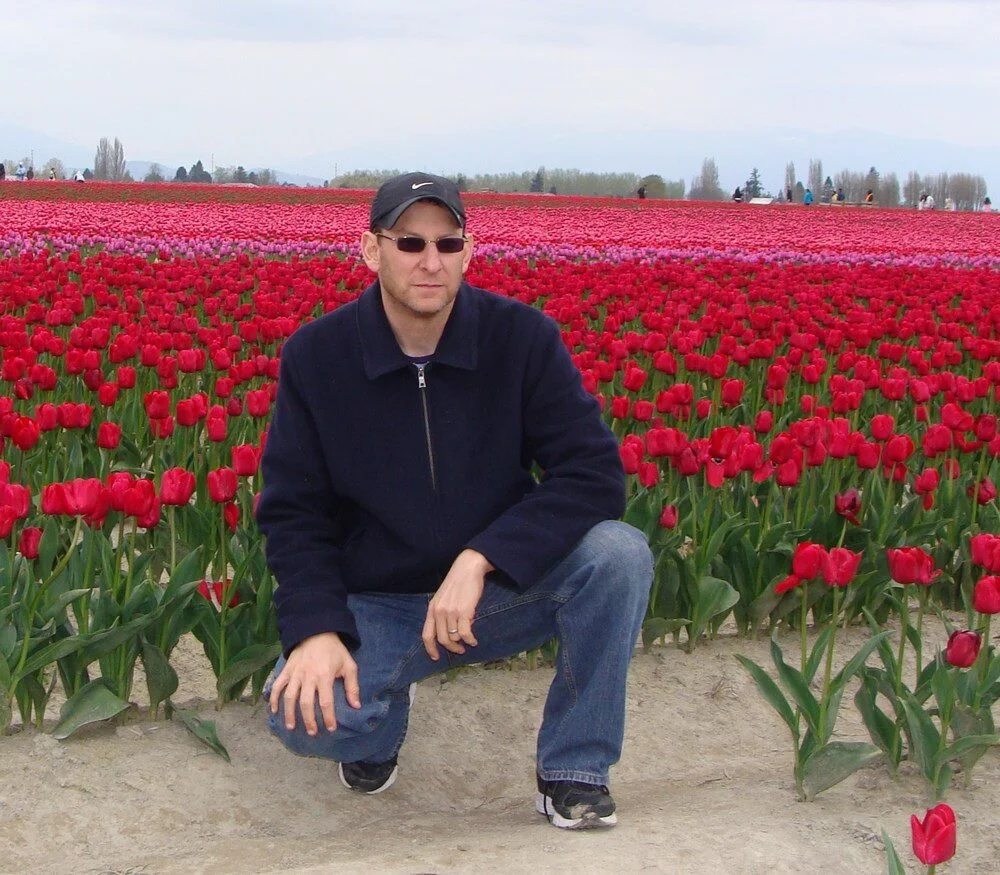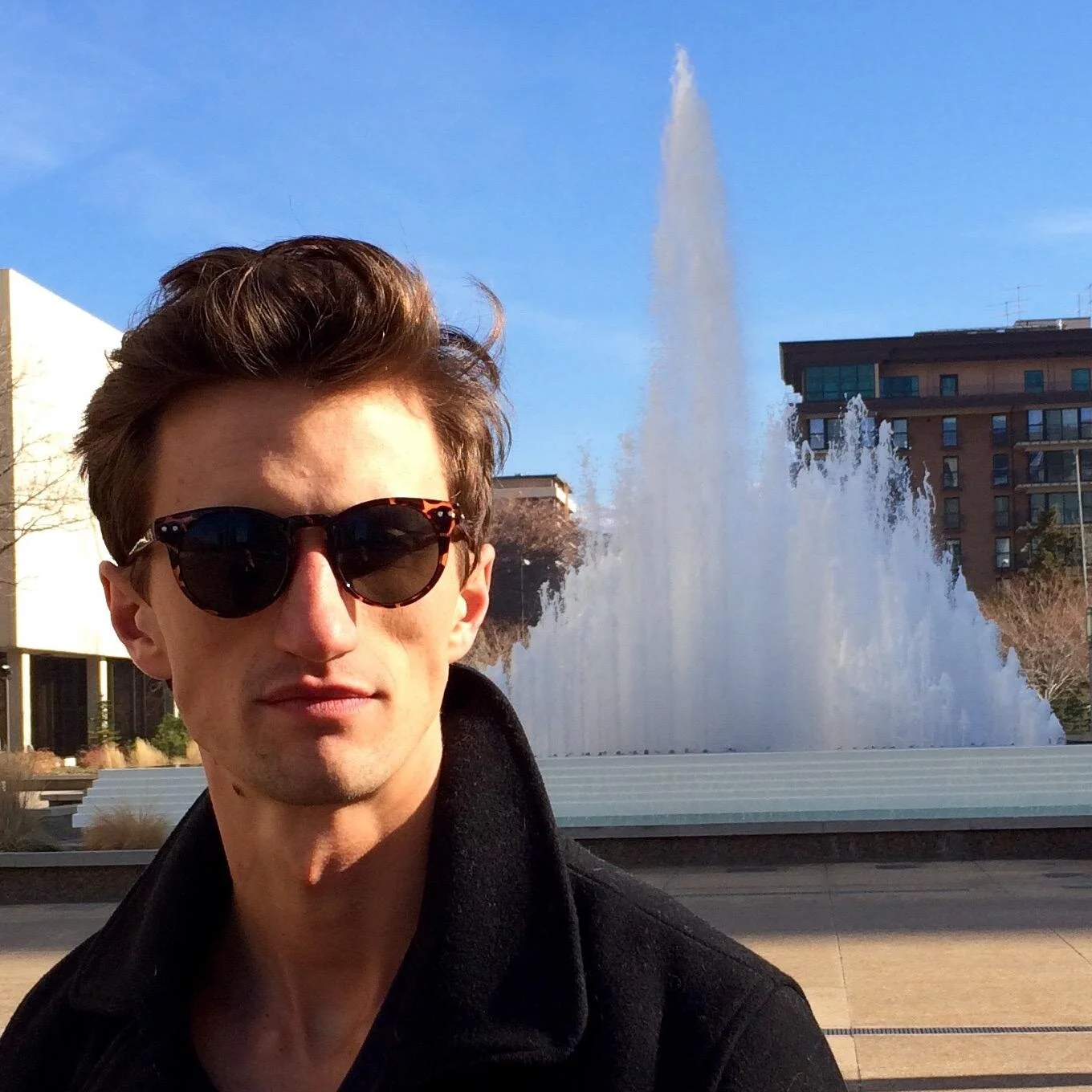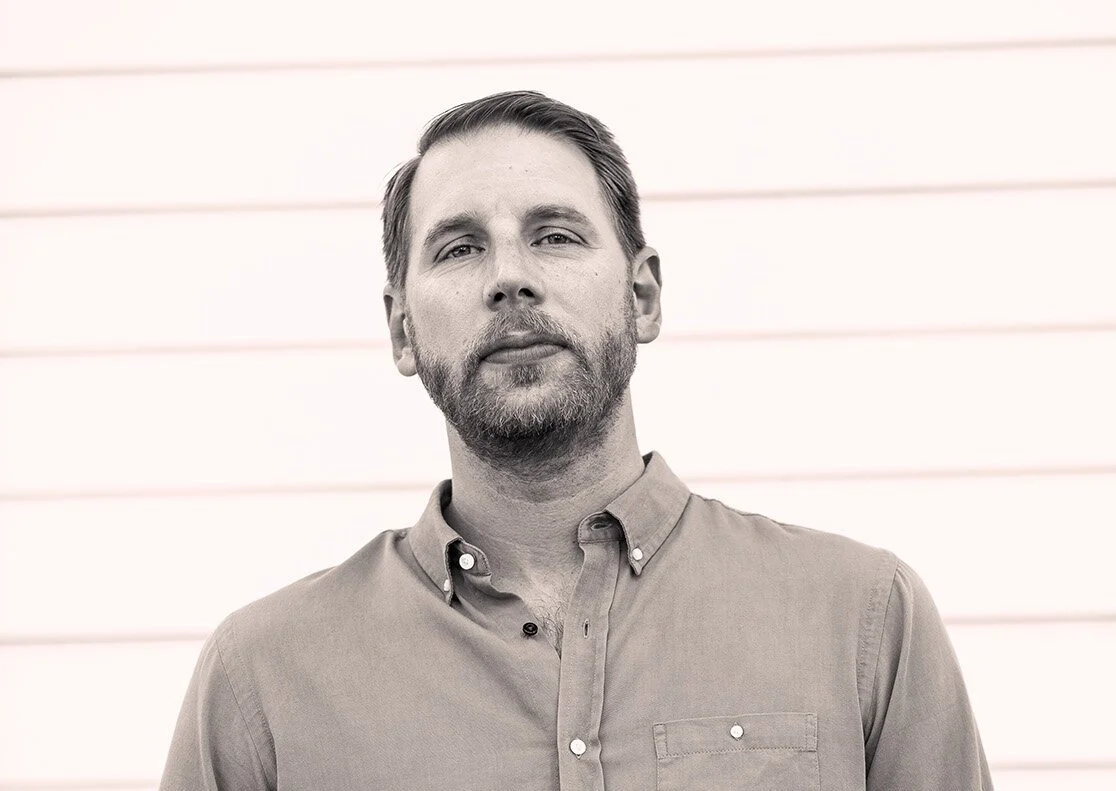Prose poet and short story author Sabrina Orah Mark is more than an imaginative fiction writer. She is a fabulist, a hypnotist, a levitating godmother with sturdy wings. One who appears inside of daydreams to pass around a plentiful assortment of golden eggs. She is both tedious and meticulous with her releases, surfacing periodically to sprinkle Sand(wo)man dust into our eyes to help us say good night. With two outstanding books of prose poems via Saturnalia Books [The Babies (2004) and Tsim Tsum (2009)] and another collection of stories on the way (Wild Milk, scheduled for October via Dorothy), I spoke with the wordsmith about snails, grandmothers, fairy tales, finding time to write while raising children, and plenty more. Don't snore.
via Poetry
What can you tell us/reveal about Wild Milk? Will it continue in your prose poetry style? Will 'The Seventh Wife' be featured in this book?
My prose poems have exploded into stories wearing ill-fitting gowns. I call them poemstories now. They are prose poems that have grown so gigantic security must send them through the door marked “Fiction” for more detailed screening.
'The Seventh Wife' will be there along with a teacher named Birdy, a man named Ferguson, Hillary Clinton, Emily Dickinson, a movie about the Holocaust, a husband named Louis C.K., The Very Nervous Family, a parakeet named Bye Bye Francoise, a morose rabbi, a president named Huh, a lice lady, Francine Prose, a stepdaughter named Ugrit, and many others.
A five year gap existed between The Babies and Tsim Tsum, and now a little less than a decade since your last full-length. What's your writing process like? Are you selective/sporadic with your words, or do you create a great deal with a ruthless editing process, resulting in work that never sees the light of day?
I am like a snail. 0.029 MPH. Do you know that snail shells and the inner ear follow the same spiral? This is how you know the snails are listening. Please see “The Maid, The Mother, The Snail, & I” for further explanation (re: the snails). Also, I had two babies in between Tsim Tsum and Wild Milk. And babies take a lot of imagination to grow. And keep alive.
Will Walter B and/or Beatrice ever return?
Beatrice makes an appearance once in my forthcoming collection, Wild Milk. The last time I heard from Walter B. he had accidentally joined a search party in search of Walter B.
via TypoMag
Your prose poems can be challenging whirlwinds, but once the reader becomes comfortable in your world, it can be incredibly rewarding and oftentimes deeply emotional/empathetic. Have you always been fascinated with themes of confusion and bewilderment, both for your characters and for your audience?
I was a very boring, quiet child. I was always hungry, and my favorite thing to do was clean my room. My imagination came late. Around 1997. No, later. Actually my imagination might not have arrived until late 2000. And when it arrived it had dust on it, and it was water-stained. I have tried desperately to spiffy it up, but no matter how much I scrub...it still has this look of something ancient and abandoned.
Raised as an orthodox Jew, I was raised inside a tradition of questions (not answers). So this too, I’m certain, accounts for my charge.
I read in an interview that Maurice Manning's Lawrence Booth’s Book of Visions was formative for you in realizing that poems can take on new voices and characters. What are some other authors/books that had significant impacts on your writing career?
Oh, so many. Donald Barthelme, Lucie Brock-Broido, Leonora Carrington, Toni Morrison, Robert Hass, Yusef Komunyakaa, Samuel Beckett, Gertrude Stein, Franz Kafka, Bruno Schulz, Aimee Bender, Judy Budnitz, Nicole Krauss, Kelly Link, Charles Simic, Maggie Nelson, Kirsten Kaschock, Carmen Gimenez Smith, Paul Celan, Walter Benjamin, Lydia Davis, Oni Buchanan, Amber Dermont, Kristen Iskandrian, Kelly Link, Sylvia Plath, Lyn Hejinian, Mary Reufle, Reginald McKnight and the Old Testament.
via Poetry
I read in the same interview that you like your prose poems to be haunted, while I approached them as fairy tales. Do you think these elements (haunted / magic) are often intertwined? Do you still see your current work as being haunted?
I love this question because it reminds me that fairytales are the most haunted things on earth. What lives inside 99% of fairytales is the fear of being abandoned, of being lost, of mothers turning into unmothers. What lives inside fairytales is the history of human fear and sadness, and if that’s not the Mother of all Ghosts I don’t know what is.
What's your typical writing setup like?
Ever since I had my boys, I write everywhere. In my car, the library, cafes, walking the dog, in my kitchen, my living room, my overgrown yard. My sons have robbed me of my pomp and circumstance, my ceremony and fuss.
What's the rest of the year looking like for you?
I’m finishing final edits on Wild Milk, which will be out this October. My plans are to continue working on a collection of essays on writing and motherhood, and to continue to work on a novelish thing called The Grandmothers.
via Diode
Outside of your own work, what have you been listening to / reading / watching as of late?
I LOVE Rachel Zucker’s podcast. Her company is some of the best company I keep.
Also, Baskets. For Louie Anderson. Who plays the mother.
On my desk right now: Donald Barthelme’s Not-Knowing, Joseph Skibell’s A Blessing on the Moon, A Formal Feeling Comes (edited by Annie Finch), the most recent issues of The Black Warrior Review and The Bennington Review, Azareen Van Der Vliet Oloomi’s Fra Keeler, Ramona Ausubel’s Awayland, Chelsea Johnson’s Stray City, and Sawako Nakayasu’s The Ants.
For this ongoing author interview series, I'm asking for everyone to present a writing prompt. It can be as abstract or as concrete as you choose.
Go to a Salvation Army or Project Safe (or an equivalent) and rescue an (abandoned) object. Then write about it.
Do you have any advice for authors/poets working on their craft?
In The Master Letters, Lucie Brock-Broido writes, “It is true that each self keeps a secret self which cannot speak when spoken to.” I say, get her to speak.
Do you have any final thoughts / words of wisdom?
Listen to your mother. I didn’t, and now look.


